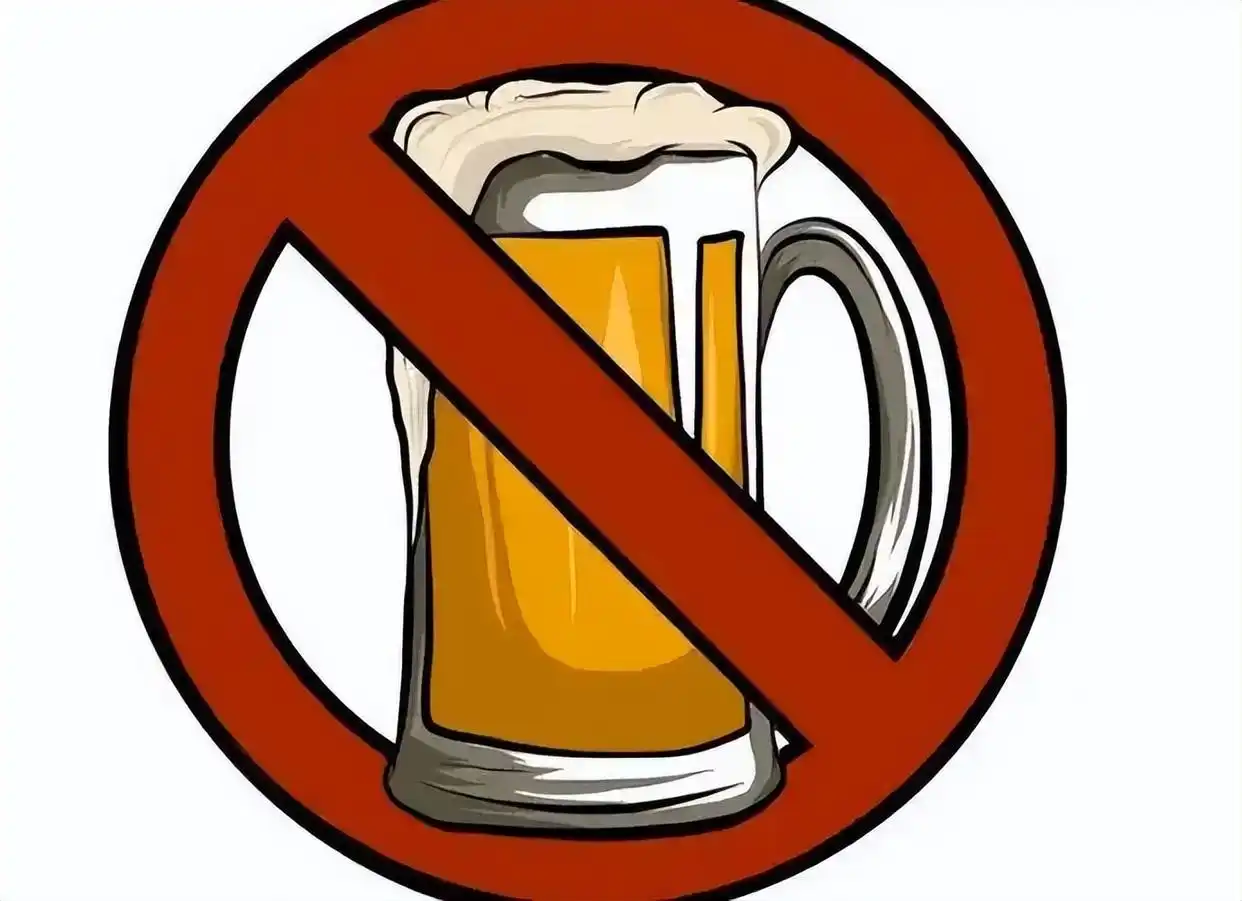Navigating the Path to Sobriety: Why Avoiding Dairy-Free Snacks Matters During Alcohol Cessation
Embarking on the journey to sobriety is a monumental step toward reclaiming one's health and well-being. For many, this process involves not only eliminating alcohol but also reevaluating dietary habits to support physical and mental recovery. One often overlooked aspect of this transition is the role of snacks, particularly dairy-free options, which may seem like a healthy choice but can inadvertently hinder progress. Understanding why avoiding certain dairy-free snacks during alcohol cessation is crucial can make a significant difference in achieving long-term success.
The Connection Between Diet and Alcohol Cessation
When someone decides to stop drinking, the body undergoes a series of adjustments. Alcohol withdrawal can lead to symptoms such as anxiety, irritability, cravings, and even physical discomfort. Nutrition plays a pivotal role in mitigating these symptoms and supporting the body's recovery. A balanced diet rich in vitamins, minerals, and macronutrients helps stabilize blood sugar levels, replenish depleted nutrients, and reduce cravings. However, not all "healthy" snacks are created equal, and dairy-free options, while popular, may not always align with the nutritional needs of someone in recovery.

The Pitfalls of Dairy-Free Snacks
Dairy-free snacks have gained popularity in recent years, often marketed as healthier alternatives to traditional snacks. While they can be beneficial for those with lactose intolerance or ethical concerns, many dairy-free products are highly processed and laden with additives, sugars, and unhealthy fats. During alcohol cessation, the body is particularly vulnerable, and consuming such snacks can exacerbate withdrawal symptoms and undermine recovery efforts.
1. Hidden Sugars and Additives
Many dairy-free snacks, such as vegan cookies, nut-based bars, or plant-based chips, contain high levels of refined sugars and artificial ingredients. These substances can cause blood sugar spikes and crashes, leading to increased cravings—not just for sugar but also for alcohol. The brain's reward system, already sensitized by alcohol dependence, may interpret these sugar rushes as similar to the effects of alcohol, triggering relapse urges.
2. Lack of Satiety and Nutrient Density
Dairy-free snacks often lack the protein and healthy fats found in dairy products, which are essential for promoting satiety and stabilizing mood. For example, a handful of almonds or a serving of Greek yogurt provides sustained energy and helps keep cravings at bay. In contrast, many dairy-free alternatives are carbohydrate-heavy and low in nutrients, leaving individuals feeling unsatisfied and more likely to seek out less healthy options or even alcohol.
3. Digestive Challenges
Alcohol cessation can already disrupt digestive health, leading to issues such as bloating, constipation, or diarrhea. Some dairy-free snacks, especially those high in processed fibers or artificial sweeteners, can further irritate the gut. While whole foods like fruits and vegetables are excellent choices, processed dairy-free snacks may complicate digestion and hinder the body's ability to absorb essential nutrients.
Healthier Alternatives to Dairy-Free Snacks
Rather than relying on processed dairy-free options, individuals in recovery should focus on whole, nutrient-dense foods that support physical and emotional well-being. Here are some alternatives that can help ease the transition to sobriety:
1. Protein-Rich Snacks
Incorporating protein into snacks can help stabilize blood sugar levels and reduce cravings. Options like hard-boiled eggs, hummus with vegetable sticks, or a small serving of lean meat provide sustained energy without the drawbacks of processed snacks. For those avoiding dairy, unsweetened almond or soy yogurt can be a good alternative, provided they are low in added sugars.
2. Healthy Fats
Foods rich in healthy fats, such as avocados, nuts, and seeds, are excellent for promoting satiety and supporting brain health. The omega-3 fatty acids found in walnuts and flaxseeds, for example, have been shown to reduce inflammation and improve mood, which is particularly beneficial during alcohol withdrawal.
3. Complex Carbohydrates
Whole grains, legumes, and vegetables provide a steady release of energy and are packed with fiber, vitamins, and minerals. Snacks like oatmeal with berries, a small sweet potato, or a handful of edamame can help keep cravings in check while supporting overall health.
4. Hydration-Focused Options
Dehydration is a common issue during alcohol cessation, as the body adjusts to the absence of alcohol's diuretic effects. Snacks with high water content, such as cucumbers, watermelon, or citrus fruits, can help maintain hydration while providing essential nutrients.
The Psychological Aspect of Snacking
Beyond physical nutrition, snacking habits during alcohol cessation also have a psychological component. For many, alcohol served as a coping mechanism for stress, boredom, or emotional distress. Replacing alcohol with snacks—especially unhealthy ones—can perpetuate unhealthy patterns of emotional eating. Instead, mindful snacking that focuses on nourishment rather than distraction can support both physical and emotional recovery.
1. Mindful Eating Practices
Paying attention to hunger cues and choosing snacks intentionally can help break the cycle of impulsive eating. Taking time to savor each bite and appreciating the nourishment provided by whole foods can foster a healthier relationship with eating.
2. Emotional Support Strategies
Incorporating other coping mechanisms, such as exercise, meditation, or talking to a support group, can reduce the reliance on snacks for emotional comfort. Building a toolkit of healthy strategies ensures that snacking remains a supportive rather than detrimental part of the recovery process.
Conclusion
Alcohol cessation is a multifaceted journey that requires attention to both physical and emotional health. While dairy-free snacks may seem like a convenient or healthy choice, many are ill-suited to the needs of someone in recovery due to their processed nature, lack of nutrients, and potential to trigger cravings. By opting for whole, nutrient-dense foods and adopting mindful eating practices, individuals can better support their bodies and minds during this critical time. Remember, the goal is not just to eliminate alcohol but to build a foundation of health that promotes lasting well-being.




发表评论